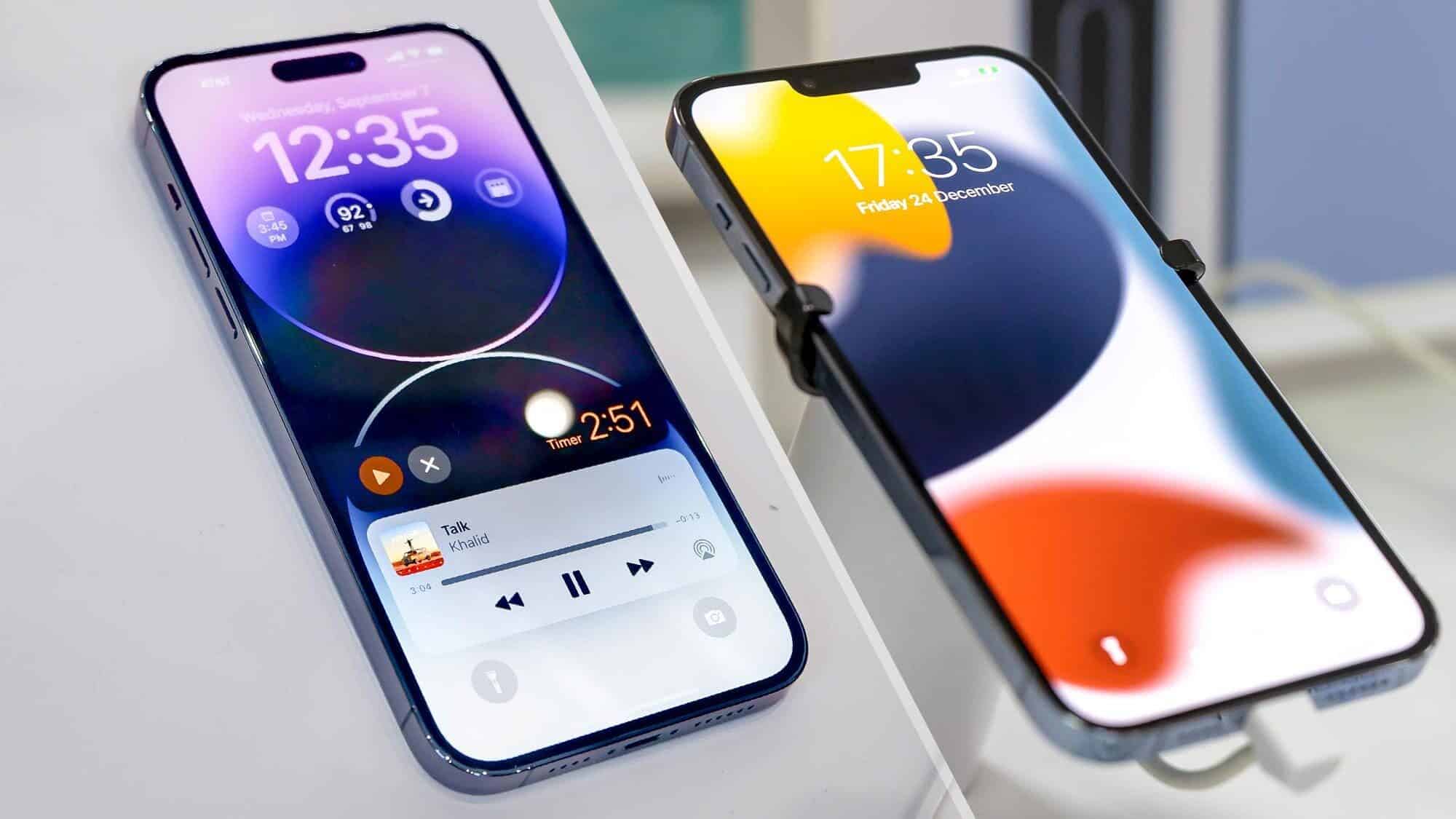As technology evolves, so do the threats that come with it. In the case of Apple devices, it is imperative to update your operating system to the latest version to ensure the security of your personal data. The Cybersecurity and Infrastructure Security Agency (CISA), a division of the United States Department of Homeland Security, has issued a warning about the serious risks of not updating your iPhone, iPad, or MacBook.
Recently, Apple itself acknowledged that a vulnerability had been exploited by an attacker. However, what is even more concerning is that CISA, an agency that does not typically respond to regular updates from Apple, has issued a statement emphasizing the need for an urgent update. The agency has added four new bugs in Apple and Microsoft products to its list of recognized vulnerabilities that cybercriminals use. To avoid becoming a victim of cybercrime, it is important to update your Apple device as soon as possible.
If you bought an iPhone after 2017, you should update it now!

If you do not update your Apple device, you are at risk of losing your personal data. This warning applies to certain models in particular. The security agency has given federal agencies until March 7 to patch vulnerabilities found in Apple devices. However, if you own an iPhone, iPad, or MacBook, it is recommended that you update your operating system to the latest version immediately. By not doing so, you are making yourself an easy target for cybercriminals.
To take advantage of these vulnerabilities, an attacker must convince you to load malware on your device. This can be accomplished in several ways, including downloading an app, phishing attacks via SMS, fake QR codes, or messaging apps. If you give them access, they can take control of your device and do whatever they want, exposing you to a range of risks. Worst of all, they could have attacked you, and you may not have even noticed.
The affected devices include all smartphones after the iPhone 8 and iPhone 8 Plus. The iPhones that require this urgent update are these:
- iPhone X
- iPhone XR
- iPhone XS
- iPhone XS Max
- iPhone 11
- iPhone 11 Pro
- iPhone 11 Pro Max
- iPhone SE (2nd generation)
- iPhone 12
- iPhone 12mini
- iPhone 12 Pro
- iPhone 12 Pro Max
- iPhone 13
- iPhone 13mini
- iPhone 13 Pro
- iPhone 13 Pro Max
- iPhone SE (3rd generation)
- iPhone 14
- iPhone 14Plus
- iPhone 14 Pro
- iPhone 14 Pro Max
If you own one of the devices mentioned above, you should update your operating system to iOS 16.3.1 as soon as possible. Failure to do so could result in attackers exploiting existing vulnerabilities to gain access to your personal data. If you own an Apple device that is newer than the iPad Pro or a third-generation iPad Air, you will also need to update to iPadOS 16.3.1 or macOS Ventura 13.2.1 urgently.
Although Apple devices are generally considered more secure than other platforms, they are still vulnerable to a range of security threats. For example, jailbreaking allows users to gain root access to their iOS device and bypass Apple’s restrictions. But can also expose the device to malware and other security threats. Malware can be installed on an Apple device via phishing emails, malicious websites, or infected apps. Hackers have found ways to exploit vulnerabilities in iOS, the operating system that runs on Apple smartphones, in order to gain access to sensitive data or to take control of the device. Apple typically releases security updates to patch these vulnerabilities when they are discovered. Additionally, there have been several Bluetooth vulnerabilities discovered in Apple devices that can allow hackers to gain access to sensitive data.
In conclusion, it is vital to keep your Apple devices up to date to protect your personal data from cybercriminals. By following the guidelines set forth by Apple and the Cybersecurity and Infrastructure Security Agency, you can reduce your chances of falling victim to a cyber attack. Make sure to update your Apple device to the latest version of the operating system, and stay safe online.





